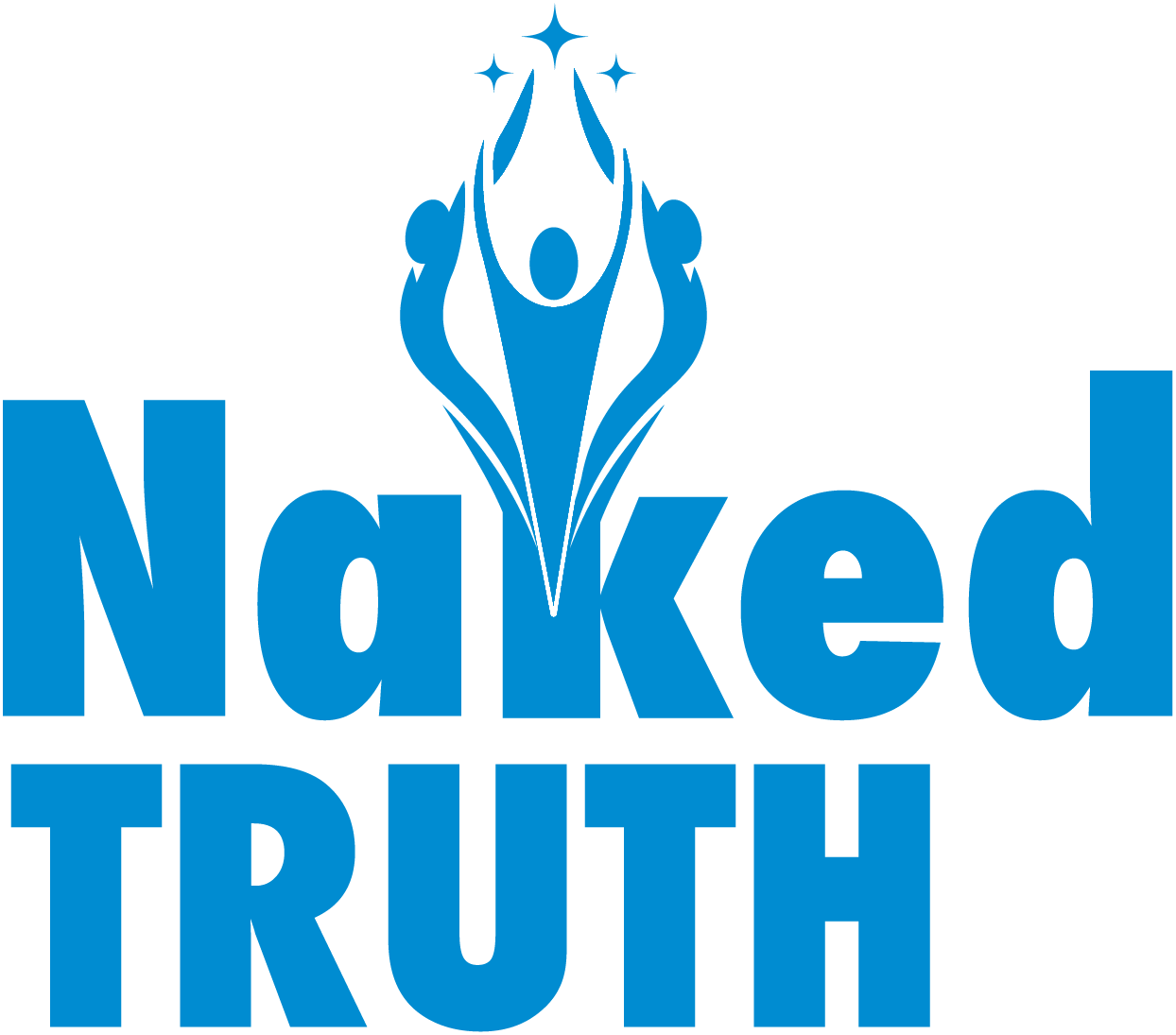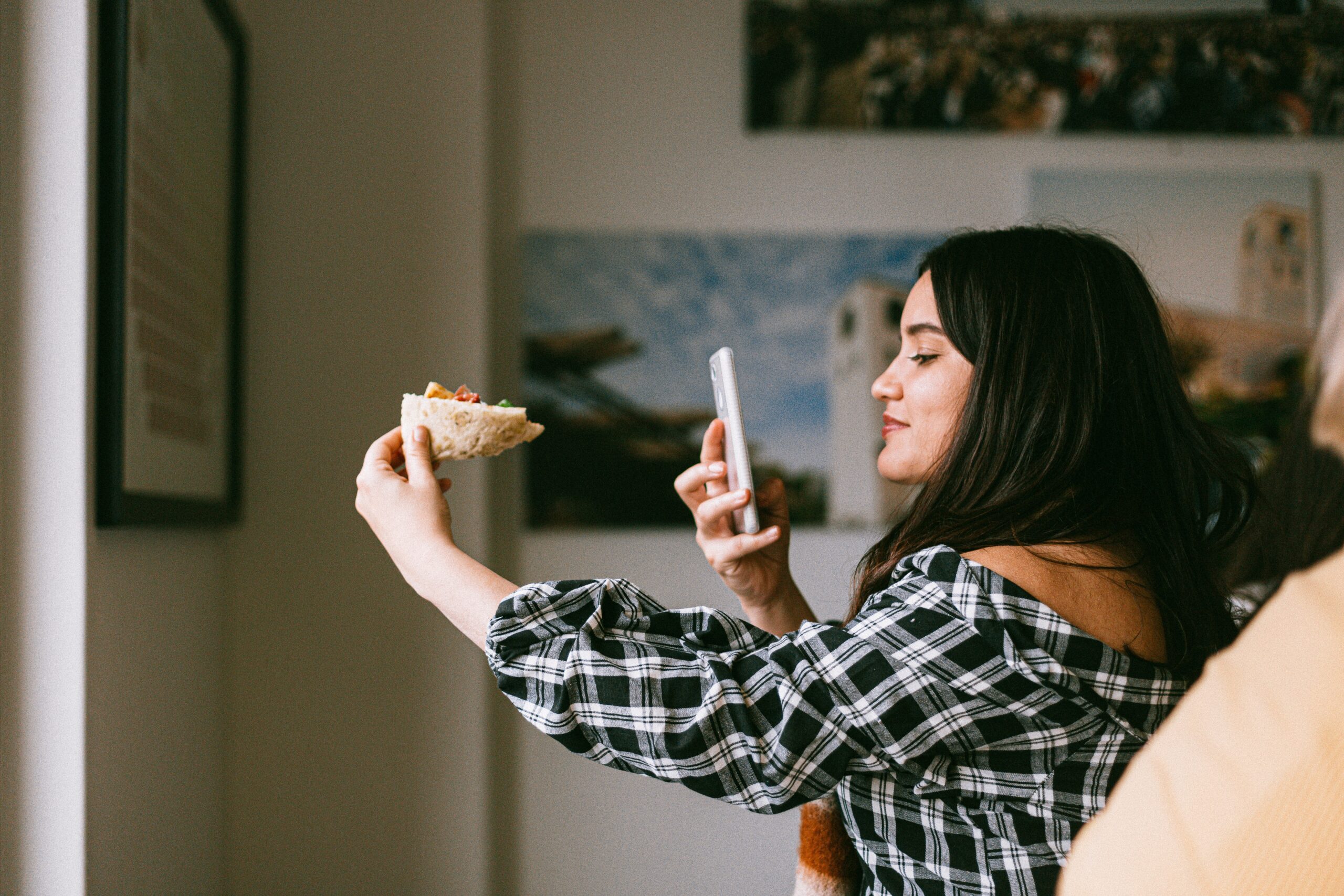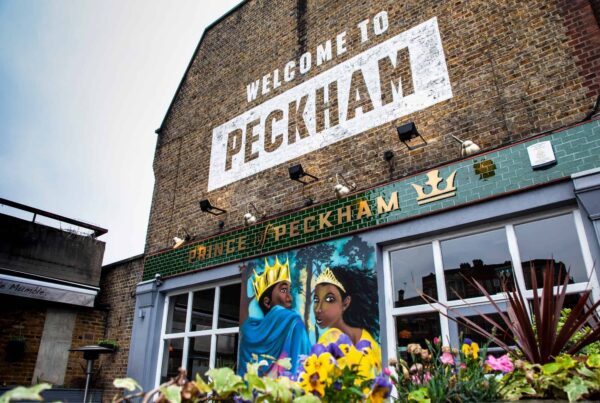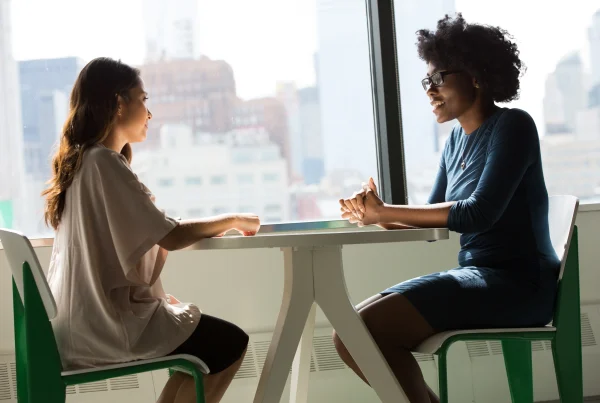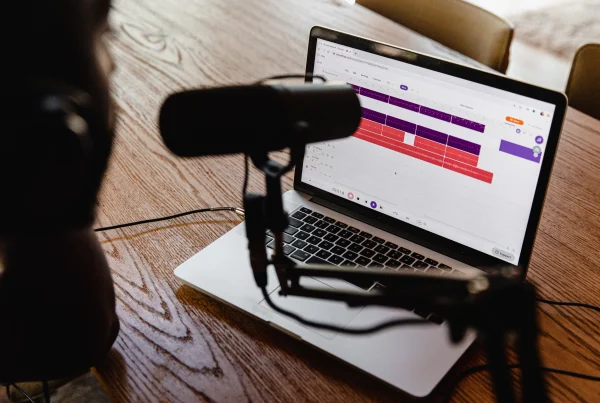Influencers travelling for “work” will undoubtedly be remembered as one of the biggest PR fails of the Covid-19 pandemic. When a stricter third lockdown was announced in early January, much of the nation faced months at home, unable to do anything but their daily walks and food shops. An exception to this lockdown, however, were influencers, many of whom have spent the winter period jetting between the Caribbean and Dubai, documenting cocktails and yachts on their Instagram stories and repeatedly assuring us ‘we are all in this together!’.
With “essential work trips” being one of the few justifications for travel from the UK, influencers have consistently proclaimed to their followers in the UK how hard they’re working in a series of outrageous posts. Anton Hayduk from Love Island sports a laptop on his balcony with a backdrop of Dubai’s skyline, with the caption “Love my Office View.” Love Island’s Zara McDermott uploads a photo from a gym with the tropical view from the window edited out, only for brand Missguided to upload the original photo, proving that she broke Tier 4 travel rules for a holiday to the Maldives. Brands have also come under fire for encouraging travel for promotional material. Customers were incensed with Missguided for using Zara’s photo for promotional purposes, with one user commenting “This is taken in the gym at the Ayclub in the Ayada hotel in the Maldives where she went for holiday while in Tier 4 lockdown. Surprised this is being used as a promotional picture when she broke the law.”
Undoubtedly the most problematic of these trips was that undertaken by Love Island veteran and former Miss Britain, Zara Holland, who jetted to Barbados with her boyfriend in December. Having arrived in Barbados her partner tested positive for Corona Virus and, instead of isolating as per local laws, Zara and her partner fled their hotel and got a taxi to the airport. This careless act resulted in the pair having close contact with a number of locals before being arrested shortly before their departure. Whilst Zara has muted the comments on many of her most recent posts, Instagram users jumped at the chance to have their say, with one Instagram user commenting (_zionnn_) “Because of you the whole island is quarantined tonight!! What a way to end our dam year!!” and another commenting, (@trial_version_adult) “Do you think that moving around while knowing you’re Covid positive counts as attempted murder?” A Change.org petition led by local Bajan resident James Maclean was further signed by more than 5000 people, calling for the Love Island star and her partner to be jailed.
Critics are now calling for people to unfollow and consequently drive down engagement rates with influencers, who, according to their social media have lived an entirely different year to their followers. Indeed, Instagram users who have been following the rules, working on the frontline and isolating for health reasons have become disillusioned with the stars on their feeds. Fellow influencers and reality stars have also called for the public to stop engaging with those consistently flouting the rules, with Olivia Attwood taking to her Instagram story to lash out at those who have spent lockdown in Dubai under the premise of ‘work’. She shared, “The way to hurt people is silence because actually, when you are commenting on someone’s photo, even if it’s a bad negative comment, you’re still drumming up interaction on that post.” (@oliviajade_attwood)
There are, however, some exceptions to the negative press influencers have received during the pandemic. Contrary to his fellow Love Island Veterans, Dr. Alex George has used his platform to document life on the front line, working as a A&E doctor in Lewisham. His work has been praised by a number of accounts, an Instagram page (@archbishopofbanterbury) saying “While almost every Love Island Influencer is partying in Dubai, let’s take a moment to appreciate Dr Alex who is still working on the frontlines in hospital for the NHS. This is how to be an influencer.” Alex is indeed an anomaly to a whole host of influencers who have spent most of the lockdown jetting between countries. With millions of followers collectively, many of whom are under 18, influencers no doubt influence young followers in their attitude to the pandemic and should be held to a higher standard by brands and agents alike.
The insensitive behaviour of influencers and brands during the pandemic thus raises a number of issues for consumer PR. Firstly, why are brands continuing to pay celebrities for endorsements abroad? This only gives influencers an excuse to be out there. Brands should be actively disassociating with those who consistently break Covid laws. Secondly, in a world where influencer PR and social media is one of the strongest marketing tools for brands, have influencers lost touch with their audience and will they be able to mend this reputation after the pandemic?
With the travel corridor now firmly shut, and influencers having to isolate upon their return, maybe they will think twice about undertaking the 8-hour trip to Dubai to advertise the latest teeth whitening kits. However, the question remains, have influencers taken it too far this time, and has this behaviour brought the influencer era to a premature end?
